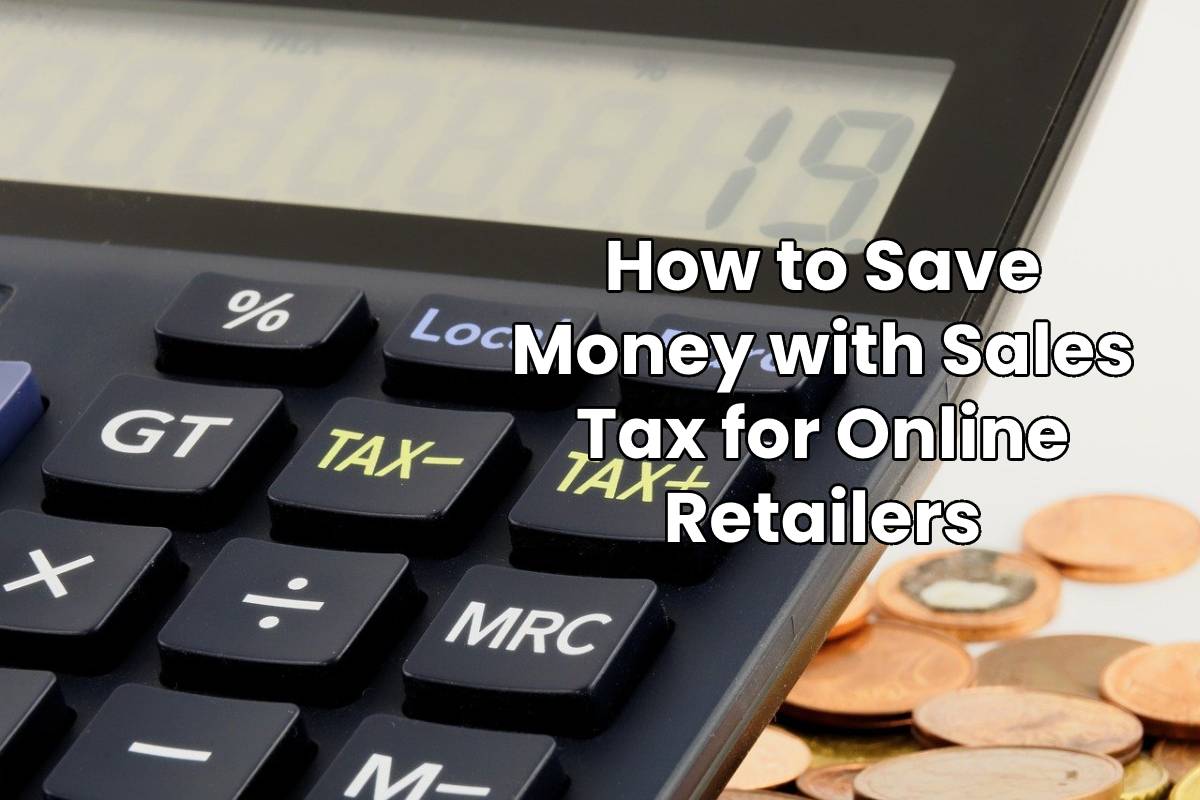Online retailers must collect sales tax for all states where they have a physical presence. But what about those online retailers who only sell products and do not maintain a brick-and-mortar location? In most cases, these merchants can bypass collecting sales tax from their customers as long as they reside in an area without state or local law requiring them to collect it. This article will cover how to save money with sales tax for online retailers.
Table of Contents
How Does the Online Retailer Calculate Sales Tax for their Customers?
When it comes to sales tax for online retailers, there are a few things that shoppers need to know. First and foremost, all items sold by an online retailer have sales tax applied to them unless specifically noted otherwise. This means that even if the purchase is shipped to a state or locality where the merchant doesn’t have a physical presence, they are still required to charge their customers’ local and state sales taxes.
There are some exceptions to this rule, however. For example, digital goods such as music, videos, eBooks, and software downloads are typically not subject to sales tax in most states. Groceries also tend not to be taxable in most cases. You’ll want to contact a sales tax expert to make sure you are charging the correct amount.
Can I Get a Refund on My purchase if I Don’t like it?
Unfortunately for shoppers, there is no way of getting back any money previously paid out in sales tax. This is why customers need to research before purchasing from an online retailer. It’s also worth noting that, in most cases, the online retailer is not responsible for issuing refunds on sales tax. This responsibility falls on the customer instead. This is why customers need to research before buying anything online – especially if they live in a state where the retailer has a physical presence.
Who Can File an Exemption Form for Not Paying Taxes?
In some cases, shoppers may file an exemption form not to pay taxes on their purchases. For example, people making a large purchase such as a car or boat may be exempt from paying sales tax. The rules and regulations surrounding this process can vary greatly from state to state, so it’s best to consult with an accountant or other tax professional to see if you qualify.
Online Retailers that Charge Sales Tax in Every State they Operate In
A growing number of online retailers charge sales tax in every state they operate in. Many states have made it illegal for businesses to not collect and turn over local and state taxes on their customers’ purchases if the business has a physical presence within that particular jurisdiction (such as an office or store). Now, more than ever before, these merchants are expected to be forward about how much each customer will pay when purchasing items from them.
Many online retailers charge sales tax on every purchase, but there are some exceptions. For example, if you live in a state with no sales tax and buy something from an out-of-state retailer, they don’t owe taxes to your home state and so won’t charge them. Likewise, if the product is shipped by mail or freight services like UPS or FedEx, then it’s exempt from sales tax as well.



